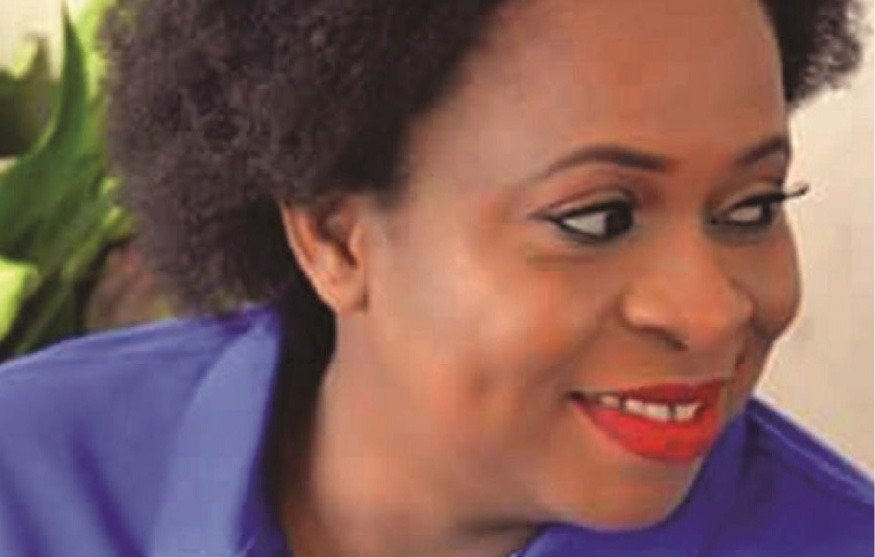By Bunmi Ajai Layode (Jopa’s Daughter)
My Paternal grandfather, Papa Idunmota, was a feminist but I did not know this, then. And I don’t think he knew he was a feminist either. He just knew he loved his children and did not want them to be maltreated. I was born in Isale Eko and the first few years of my life, before my parents went to England to study, where spent growing up in my paternal grandfather’s bungalow at Idunmota. It was an idyllic time. I fondly remember how we would all gather in the courtyard in the evenings to listen to my father’s hilarious sister – Mama Ibeji’s ‘fabus’ – hilarious and fictional stories presented as real-life events. Then, there was Mama Kekere, the saintly first born of the clan – the one I was modelled to be like as an eldest child, my parents would always admonish me to be as saintly, loving yet firm like her. And there was Mama Yaba, the not very nice sister who was swift in giving you an ‘iko’ – a knock on the head – if she felt offended in anyway. We did not know what would offend her so, we children tried to stay out of her way. Then, later on, Mama K, my lovely and loving aunt stayed at my grandfather’s house at Olonode Street in Yaba.
To make it ‘worse’, my dad incorporated a self-contained flat in his house for me or any sister who had marital issues and wanted to come back home and still have their privacy. And then, when JOPA prayed, he prayed primarily about us, his daughters getting financial independence and career success and personal fulfilment. Prayers for marriage for us was secondary and came after that.
When my sister, Seun was being emotionally, financially and psychologically abused by her husband, she resisted telling my father because she knew my he, ‘ko gba gbere’ – suffered no fools gladly and true to his nature, when he heard about what she was going through, he sent a message for the man to come and explain himself. When he did not turn up, my dad sent my junior sisters with a driver to go and pack Seun’s things and bring Seun back home. Seun’s husband did not expect it and he went about telling people that he had never seen a man take his daughter away from her marital home, that my dad broke his daughter’s marriage. He had thought my dad would do what a majority of Yoruba parents do – insisting on a daughter staying in an abusive marriage so that ‘people’ would not talk.
So, for a long time, what I know now to be an excellent attitude by my male forebears and one which I am most proud of, was perceived by me as a family curse whereby the daughters do not stay married and came back home. I did believe that my AJAI family was cursed with women ‘not staying in their husband’s house’. I never thought that the marital home belonged to BOTH husband and wife and that both parties had to make it work and make it happy.
Don’t get me wrong, I am NOT advocating that a woman or man should not work at making their marriage a happy and loving place or that a woman or man should give up easily on a marriage. In the case of my sister, the husband once locked her in with their new baby without food and went away for days. And this was the mildest of the things he did. My father still gave him a chance to explain or redeem himself and did not at the first instance take my sister away from her marital home. What I am saying is this – if your life is in danger due to abuse or you are constantly getting back less than you put in, or you are being abused emotionally, or financially or psychologically or physically, please know this – you deserve to be treated with love and respect if you are putting love and respect in. It takes the TWO people in the marriage to make it work and if one person is leaving the other person to make it work all the time, then, I suggest that the person who is constantly getting less than they are putting in has to think about how to get joy and love in their lives. Insanity, they say is doing the same thing and expecting a different result.
Now that I know about feminism and gender equality I realise that I come from a line of men who believed in gender equality and that there is nothing to be ashamed of in being a member of a family where their daughters are not left to be maltreated in the name of marriage. I am proud of my heritage.
Cheers to you my Papa Idunmota!






